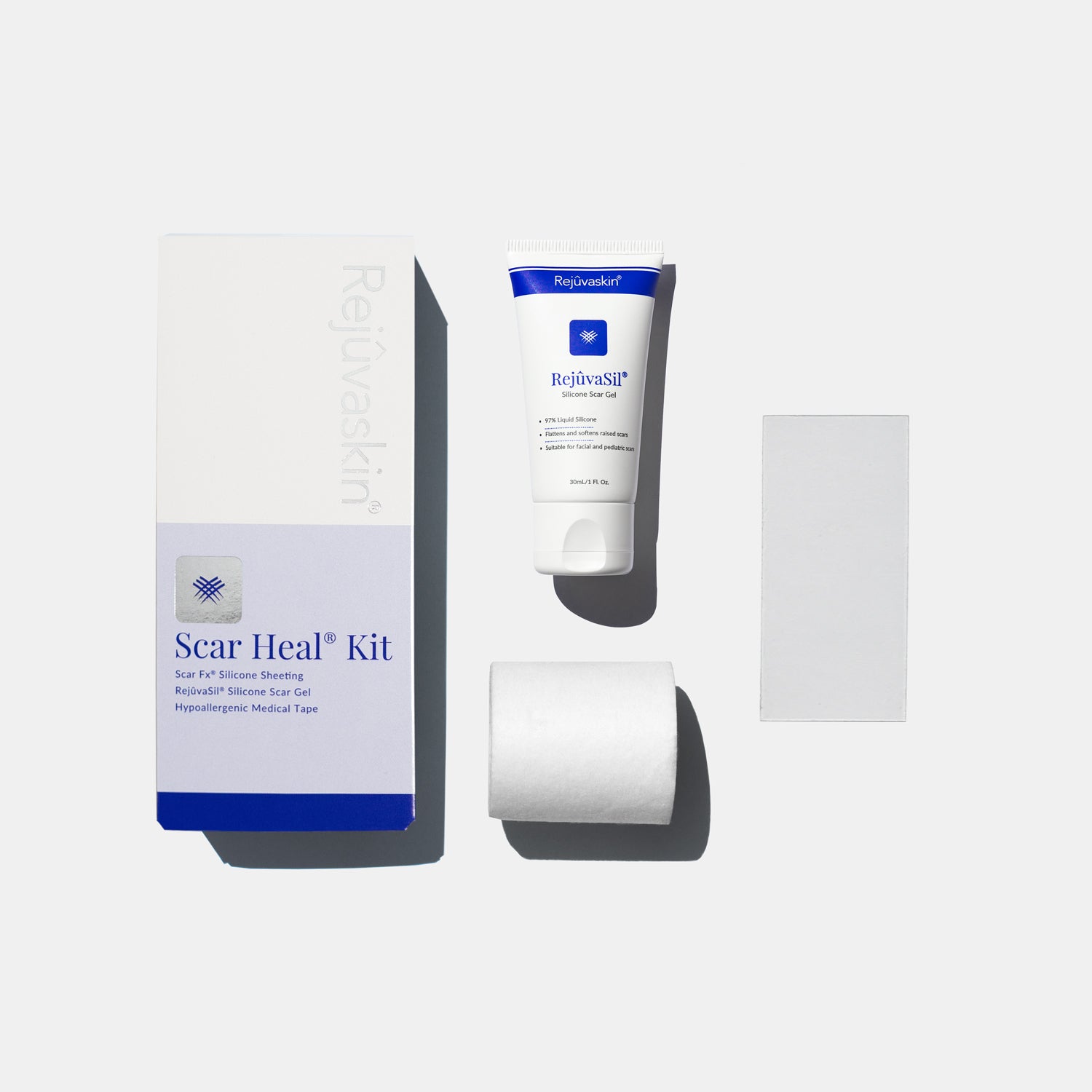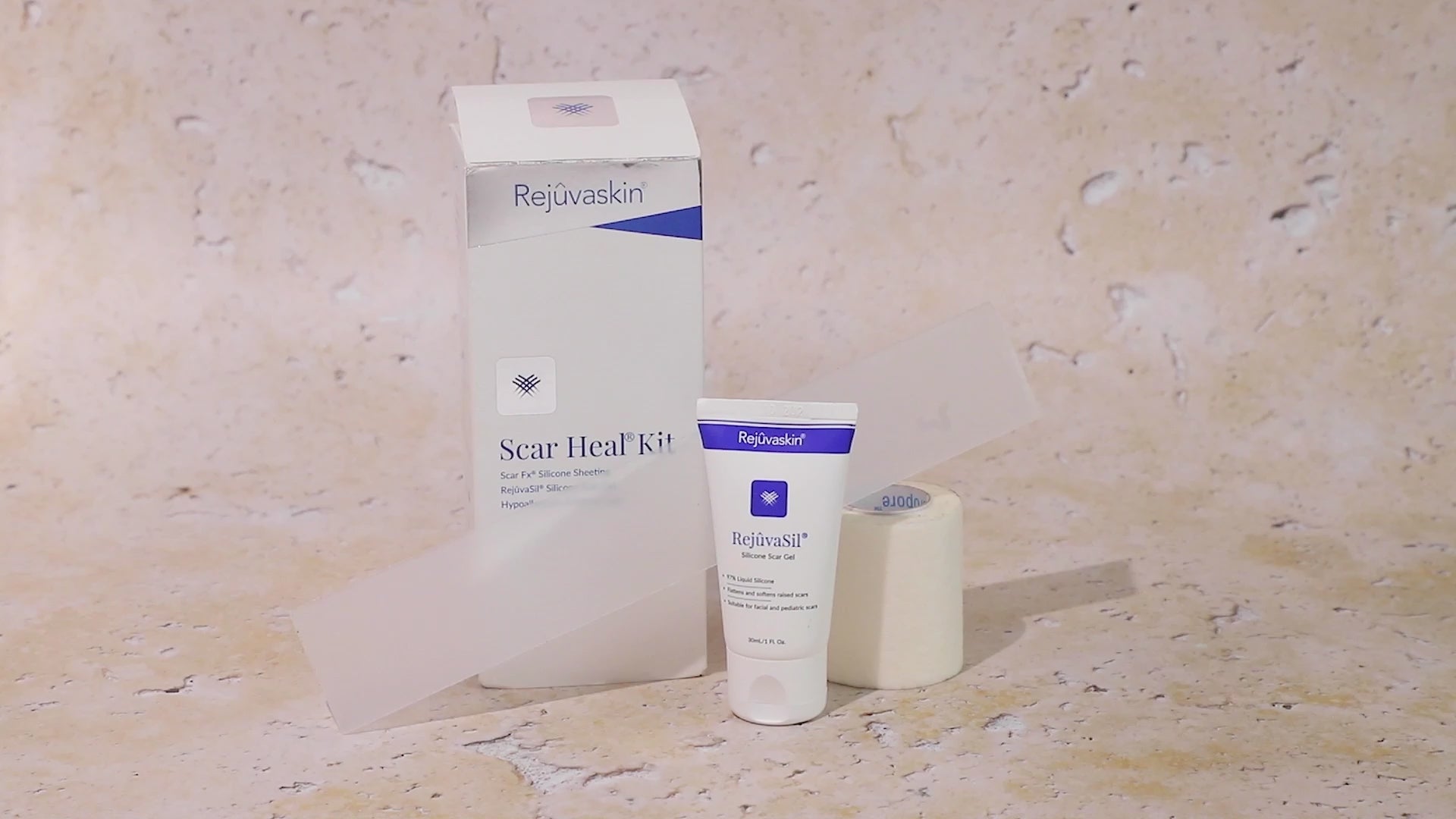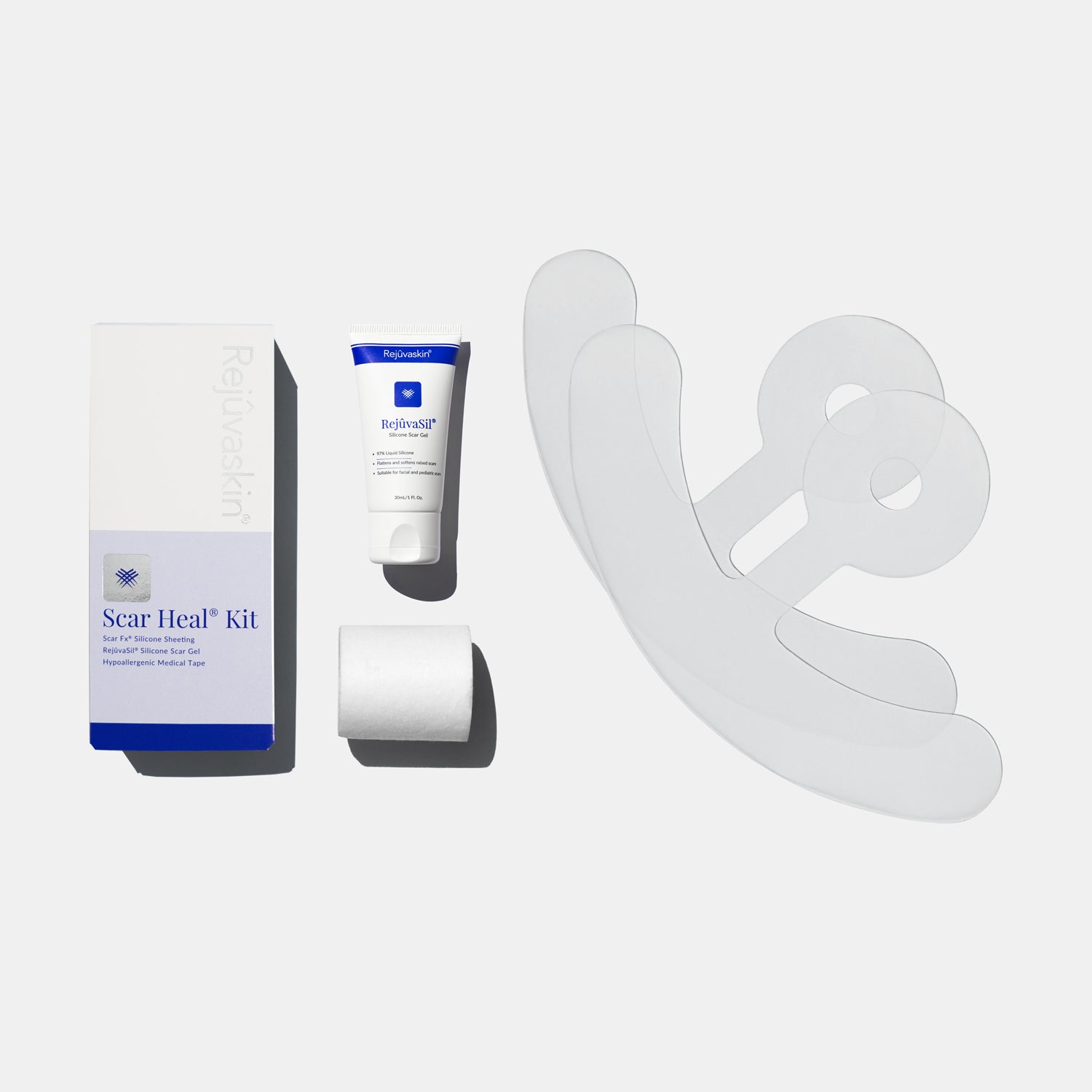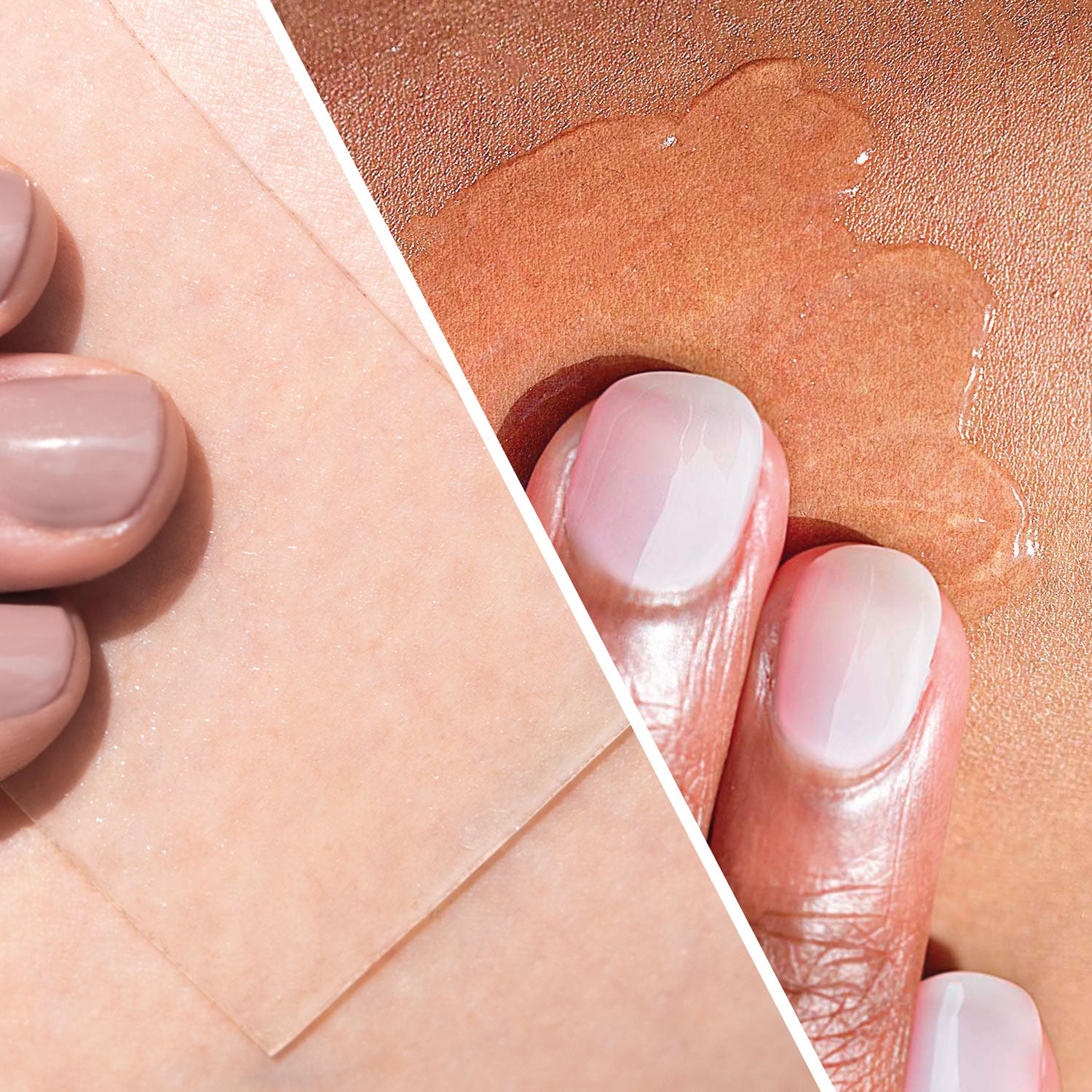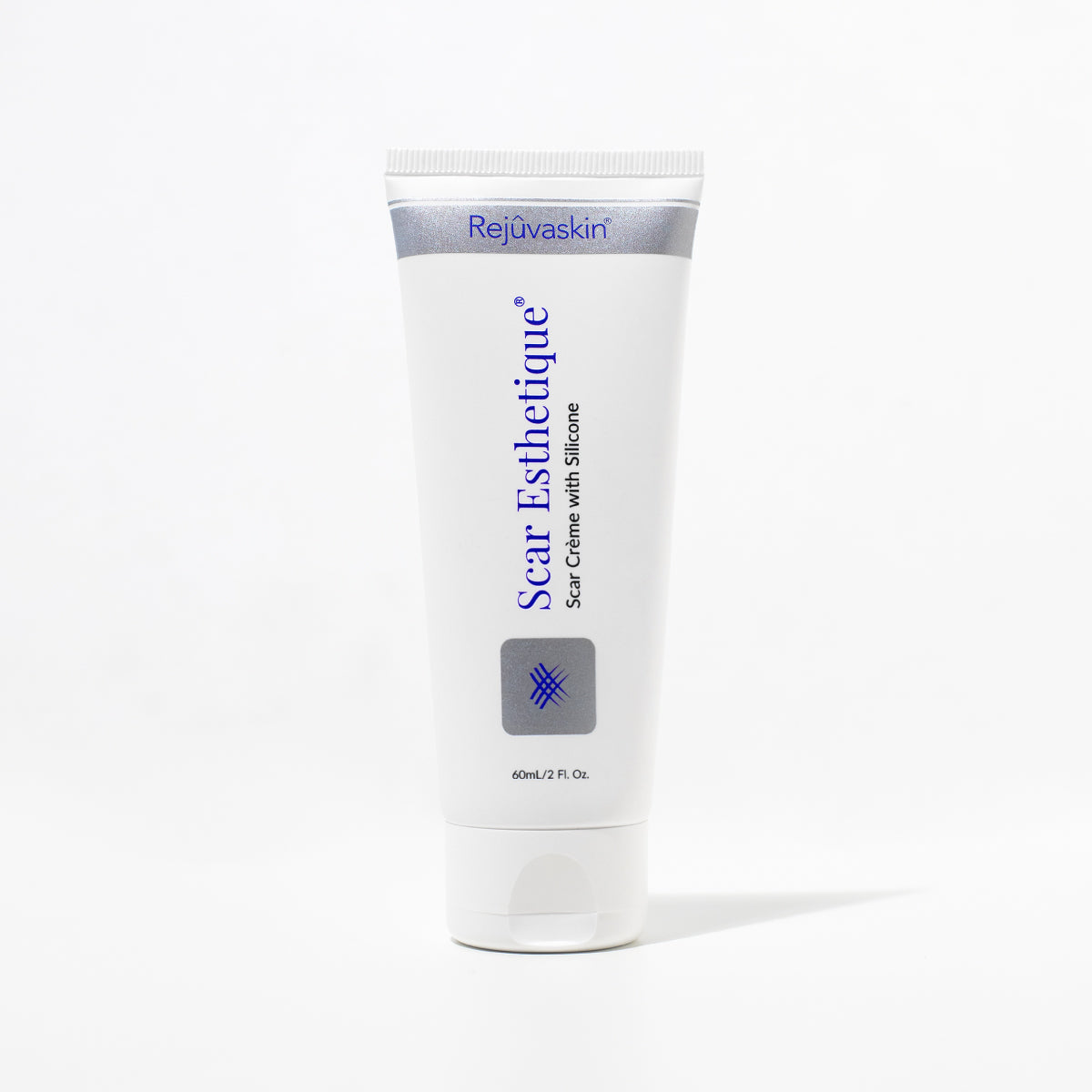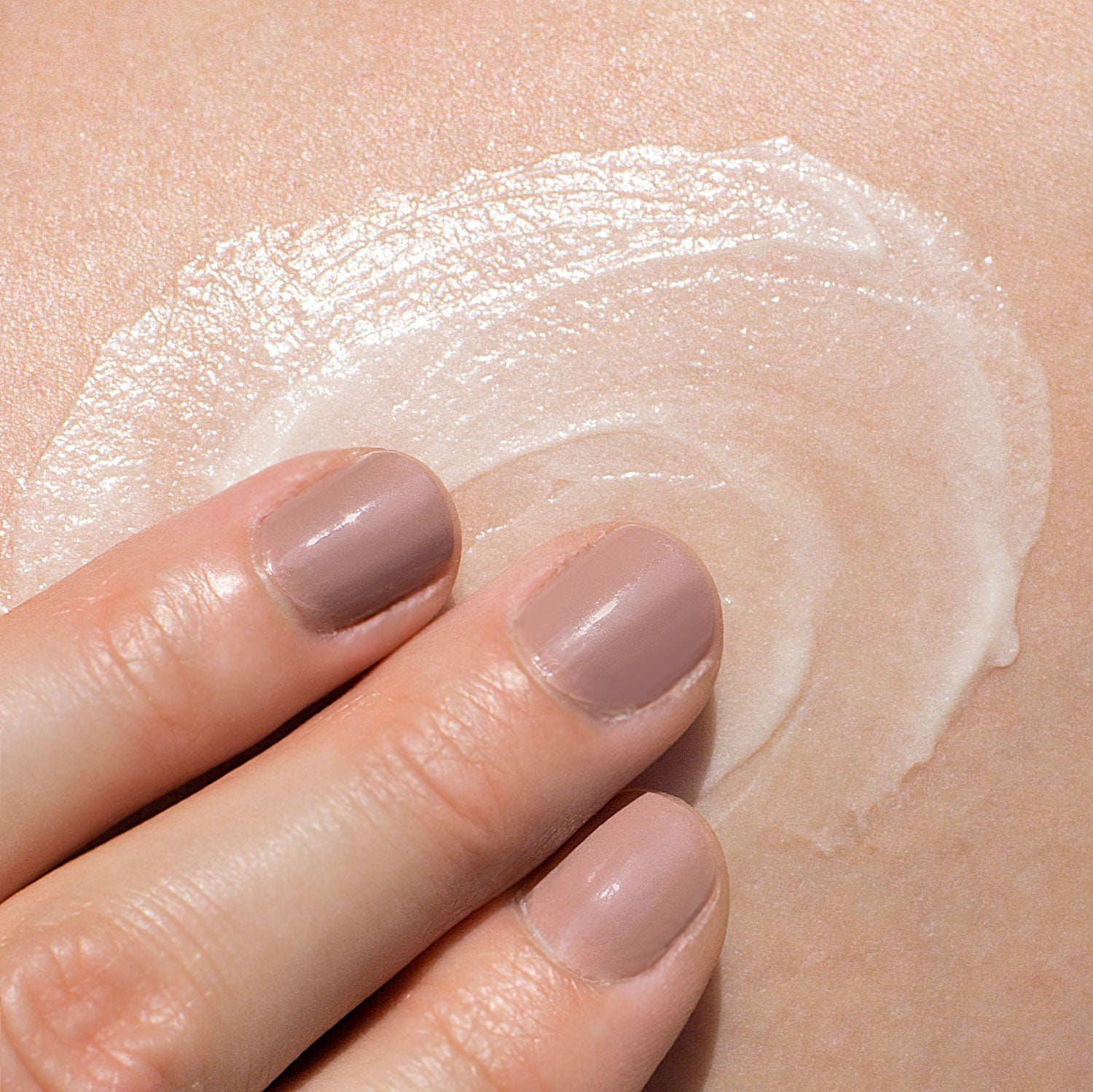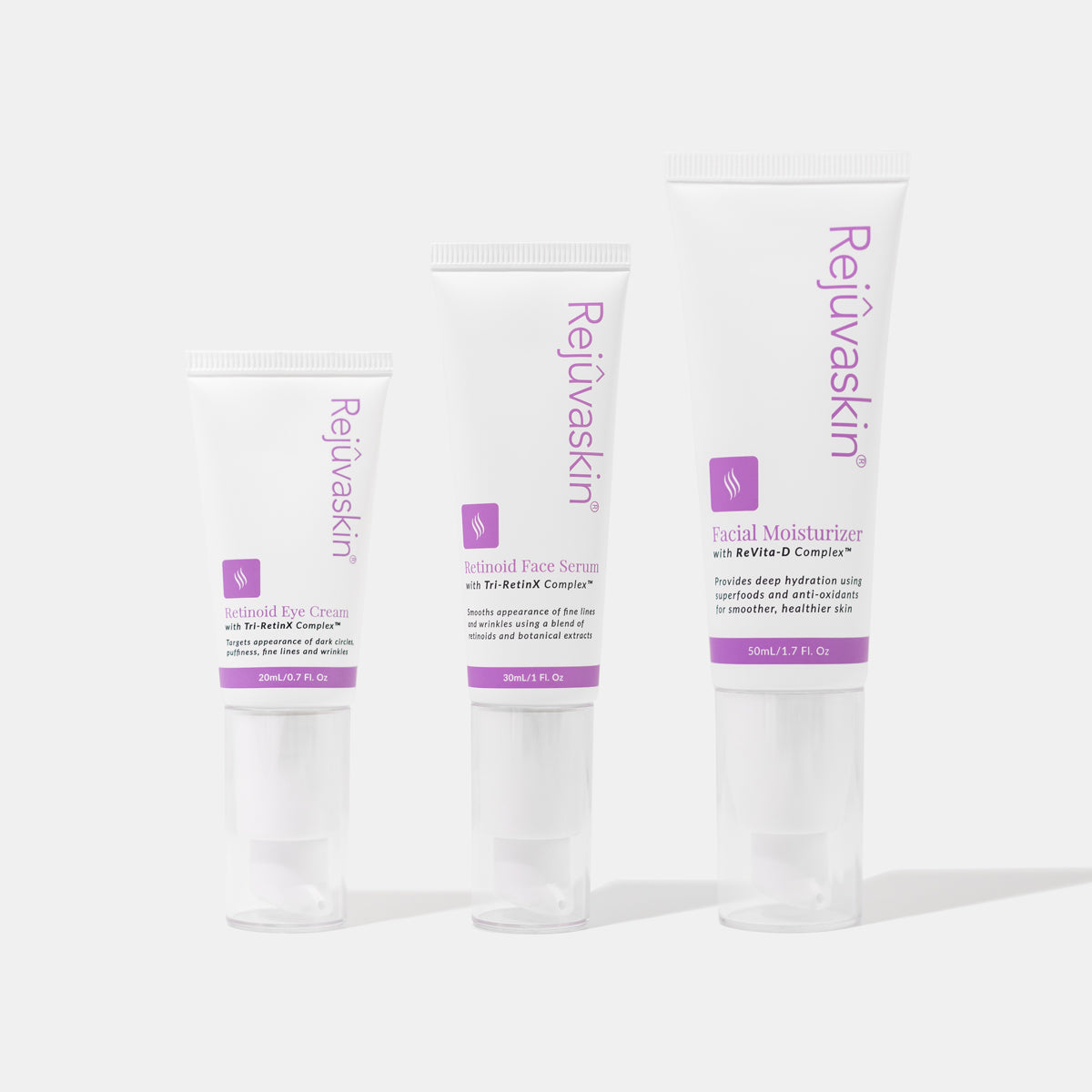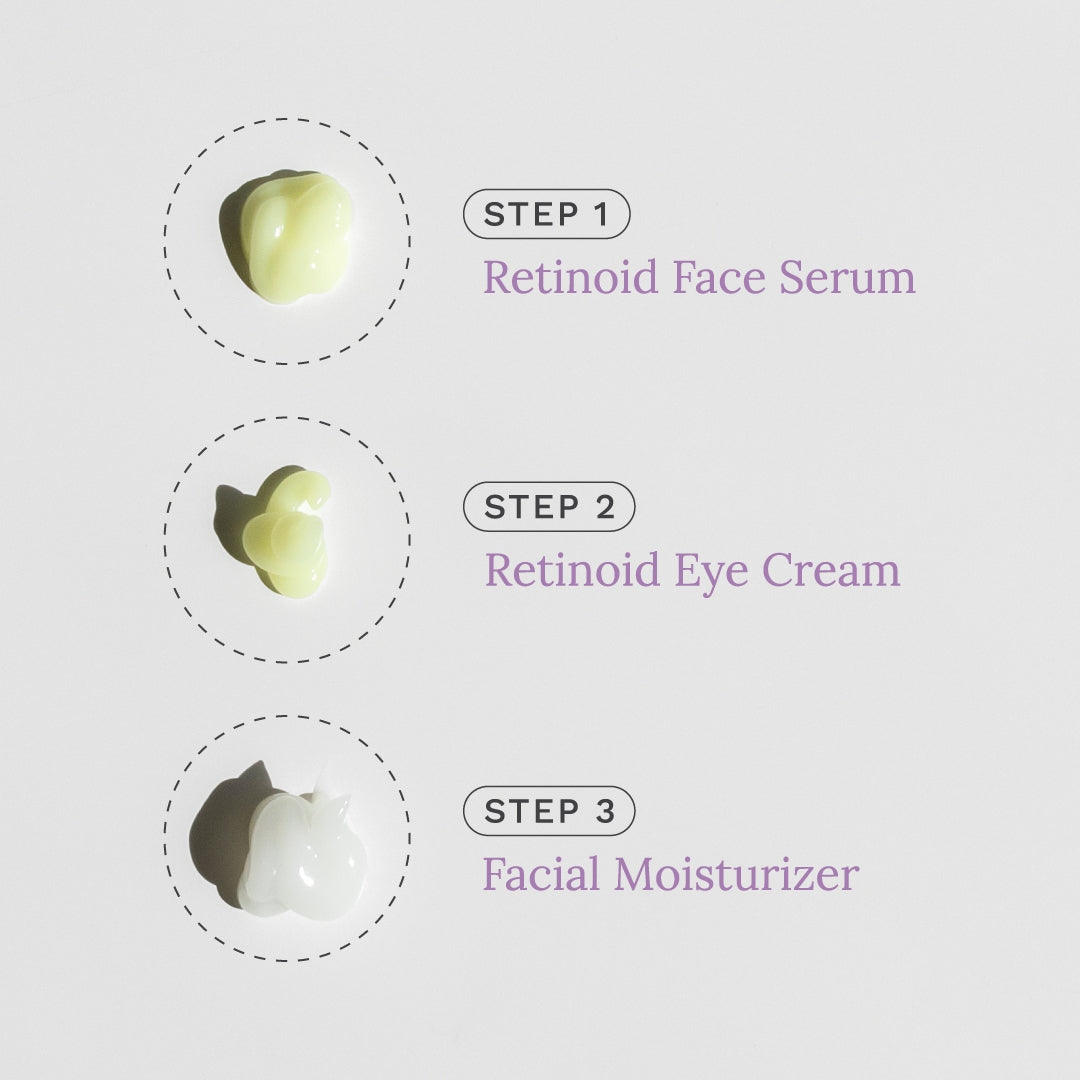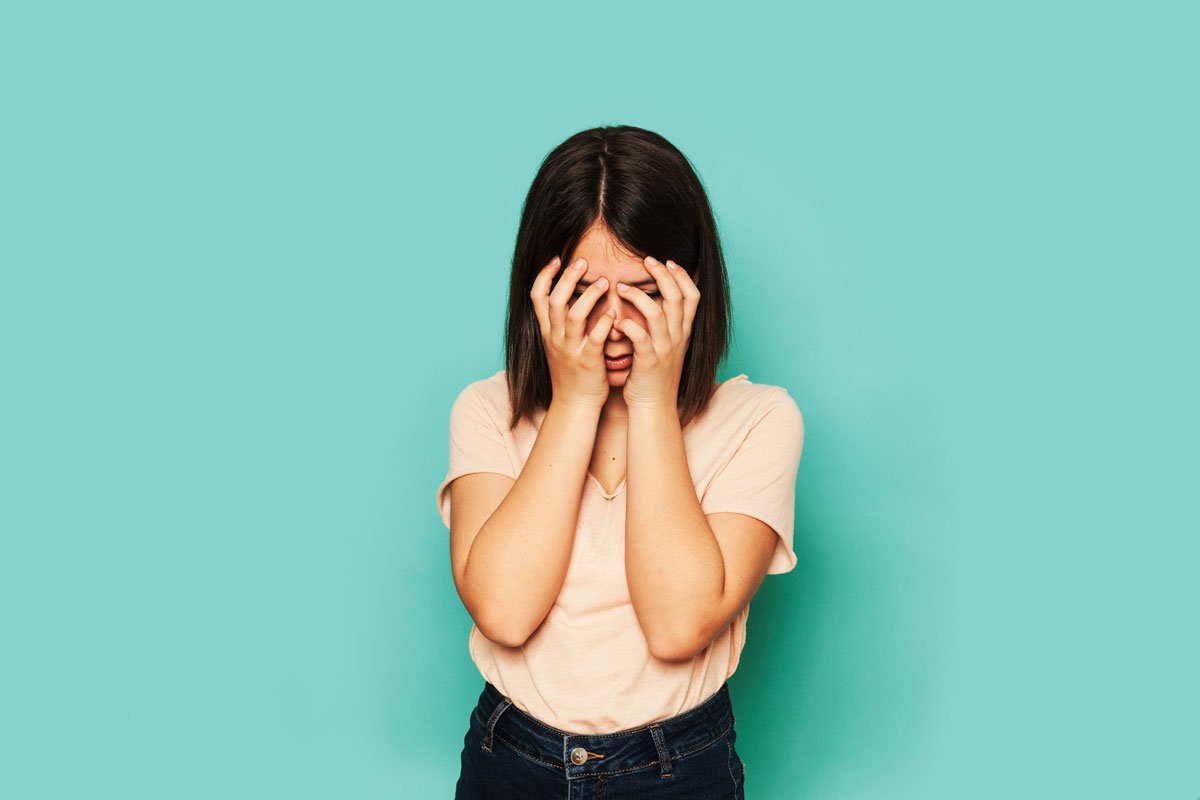Stress happens. Between your job, bills, parenting or just life; stress is everywhere and unfortunately it can affect more than just your mood. Not properly managing stress can cause more damage to your skin, hair and nails than you’d think. Below are some common ways stress affects our skin and quick fixes to help you combat those unwanted changes.
Bags Under Eyes
A common byproduct of stress is a chronic lack of sleep. This absence of much-needed beauty rest can cause fluid to build up below your lower eyelid, often called “bags” under your eyes—and for good reason. These puffy pockets are more baggage than you need!
Quick Fix: Aim for at least 8 hours of sleep! If that absolutely isn’t possible, how about trying to just get an hour more sleep than you do now? Instead of scrolling through social media for a half hour at night, reserve that time for much deserved rest. If you still wake with puffy circles under your eyes, try placing a cold spoon under each eye, a dab or two of some under eye cream then apply a good concealer.
Dry Skin
Another side effect of stress is not getting enough water, which can dehydrate the skin and cause it to look more like alligator hide than the soft, dewy skin you dream of. Stress also increases the production of cortisol, which damages your skin’s ability to retain water, parching your skin even more.
Quick Fix: Try moisturizers and anti-aging products with vitamin E and coQ10 as well as other antioxidant ingredients proven to rescue distressed skin by fighting free radicals. Wash your skin with warm—not scalding hot—water to prevent dryness. And drink enough water throughout the day!
Acne
Whether you suffer from skin ailments like acne, psoriasis or eczema, stress causes skin issues to flare up worse than normal. Stress disrupts the balance of hormones in the body and increases inflammation, which in turn shows up in flare-ups on your skin.
Quick Fix: Try some stress-alleviating practices like deep breathing, meditation and yoga. Eat well, avoid sugar and drink enough water throughout the day. Lotions with salicylic acid or benzoyl peroxide, plus a moisturizer to prevent skin from drying out can also help with acne flare ups. If you find your acne is leaving long-term marks your skin, use a scar gel to reduce the appearance of the scarring.
Redness
That unenviable facial redness that just won’t quit can be tied to more than minor flush or embarrassment. Increased blood flow caused by stress can cause your vessels to swell, creating a chronic “red” look to your skin.
Quick Fix: Using topical creams with anti-inflammatory ingredients can ease redness. Our Rejuvasil Silicone Scar Gel actually has squalane in it, which is a natural plant based anti-inflammatory that can help with redness. Even if you don't have facial scarring, it can be a helpful product to add to your routine! Bonus? It's hypoallergenic, so it's safe to use even if you have sensitive skin!
Wrinkles
Stress can cause you to constantly make facial expressions, like furrowing your eyebrows or frowning that can cause deeper lines and wrinkles in your face. Cortisol also triggers an increase in blood sugar, which damages collagen and elastin—the proteins that keep skin full and smooth.
Quick Fix: In addition to being mindful of unconscious facial movements, you can begin an anti-aging prevention regimen when you notice fine lines and wrinkles appearing in your skin.
Keeping your stress levels low is integral to achieving the healthy, glowing skin we all want. But the fact is, stress happens and sometimes you need fixes to alleviate these unwanted skin issues. Beginning an anti-aging regimen earlier rather than later can help you nip unhealthy skin in the bud. It’s never too early to begin taking care of your skin!
